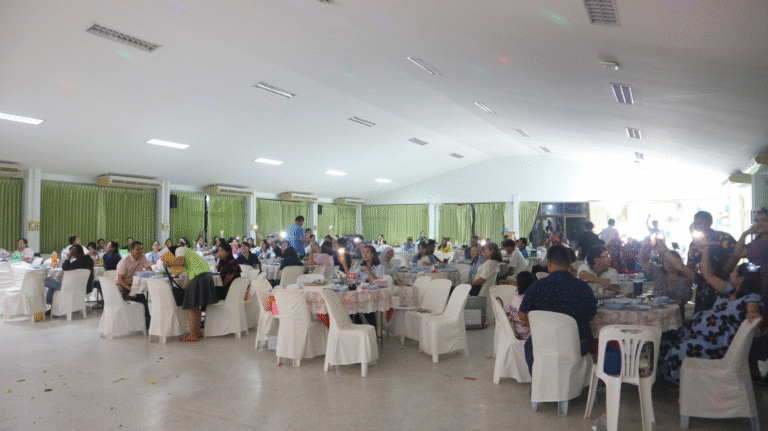Reporters: Assoc. Prof. Dr. Chatree Homkhiew, Assist. Prof. Dr. Thanwit Naemsai, Assist.Prof.Dr. Thanakorn Damsud , Assist.Prof.Dr.Kosin Teeparuksapun
Evidence Date: during Jan-Dec 2023
Related SDGs:

Details: 9.4.1
The Office of Innovation, Management, and Technology Transfer (IMTT), in partnership with the Faculties of Industrial Education and Technology, Business Administration, and Engineering, has developed comprehensive practical training programs tailored to meet the evolving needs of industry and commerce.
1) Boiler Operator Training Program
Date: 13th – 18th November 2023
Time: 9:00 AM – 5:00 PM
Location: Sri Engineering Conference Room, Faculty of Engineering, RUTS
Speakers:
Assistant Professor Vasant Chintada: Lecturer of Mechanical Engineering Program
Assistant Professor Dr. Thanwit Naemsai: Head of Mechanical Engineering Program
The Office of Innovation, Management, and Technology Transfer, in collaboration with the Faculty of Engineering, hosted a training program on Boiler Operators or Boilers Using Liquid as a Heat Conductor.
The purpose of this course is for boiler operators to play a critical role in ensuring the efficient and safe operation of industrial and commercial facilities. This comprehensive training program is designed to equip individuals with the knowledge, skills and certifications necessary to excel in this demanding field. The program covers boiler fundamentals, boiler controls and instrumentation, fuel handling and combustion, water treatment and chemistry, boiler safety and emergency procedures, and hands-on training and certification. The program’s benefits include improved job prospects, increased earning potential, improved safety, environmental stewardship and career advancement.
Key impacts of boiler operator training programs is to train boiler operators who play a critical role in ensuring the safe, efficient and environmentally friendly operation of boilers, which are essential components in many industries. To achieve these goals, effective training programs for boiler operators are critical. Well-trained operators can significantly reduce the risk of accidents and injuries by identifying and mitigating potential hazards. Additionally, adherence to industry regulations, standards, and codes is essential for safe and compliant operations. Training programs equip operators with the knowledge and skills necessary to meet these requirements. Efficiency and cost-effectiveness are key benefits of well-trained boiler operators. By optimizing boiler settings and implementing preventive maintenance practices, operators can reduce energy consumption, fuel costs, and downtime. This not only leads to significant cost savings but also contributes to the longevity of boiler systems. Environmental sustainability is another critical consideration. Efficient boiler operation can minimize emissions of harmful pollutants, improving air quality and reducing the industry’s carbon footprint. Moreover, training programs often emphasize energy conservation and sustainable practices, encouraging operators to adopt eco-friendly approaches. A skilled boiler operator workforce is essential for the continued growth and development of industries that rely on boilers. Training programs ensure that operators are equipped with the knowledge and skills to operate and maintain modern boiler systems effectively, keeping pace with technological advancements.
In conclusion, this program is crucial for ensuring the safe, efficient, and environmentally responsible operation of boilers. By equipping operators with the necessary skills and knowledge, these programs contribute to a more sustainable and competitive industrial landscape.
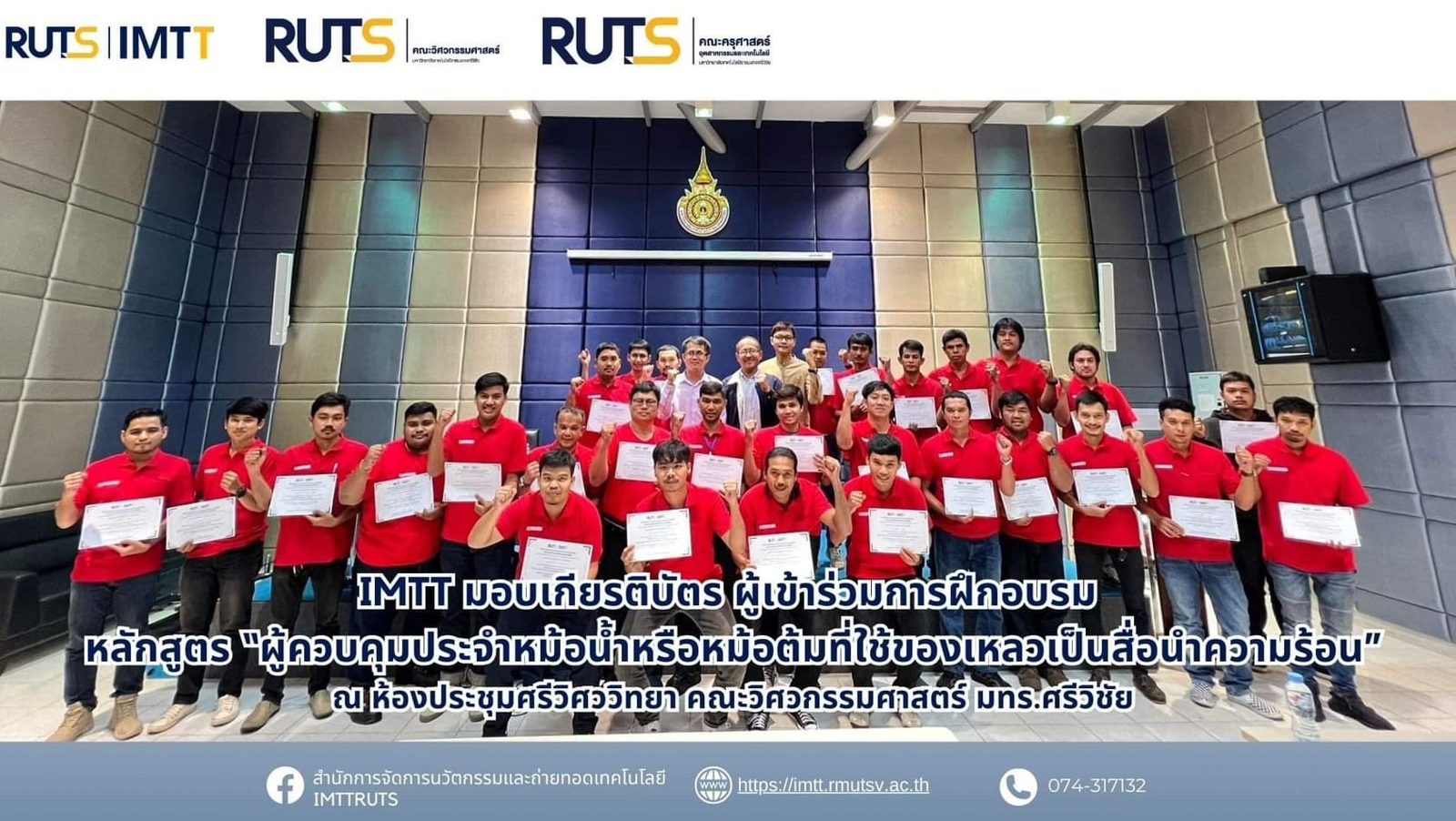
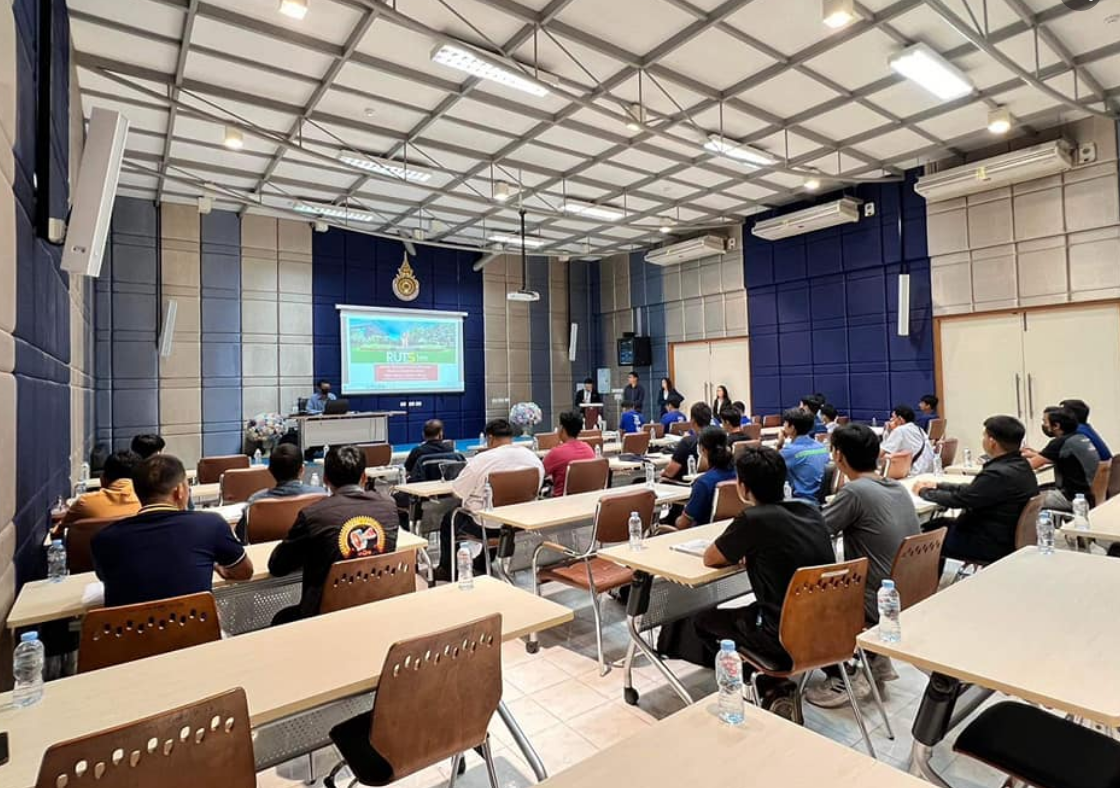
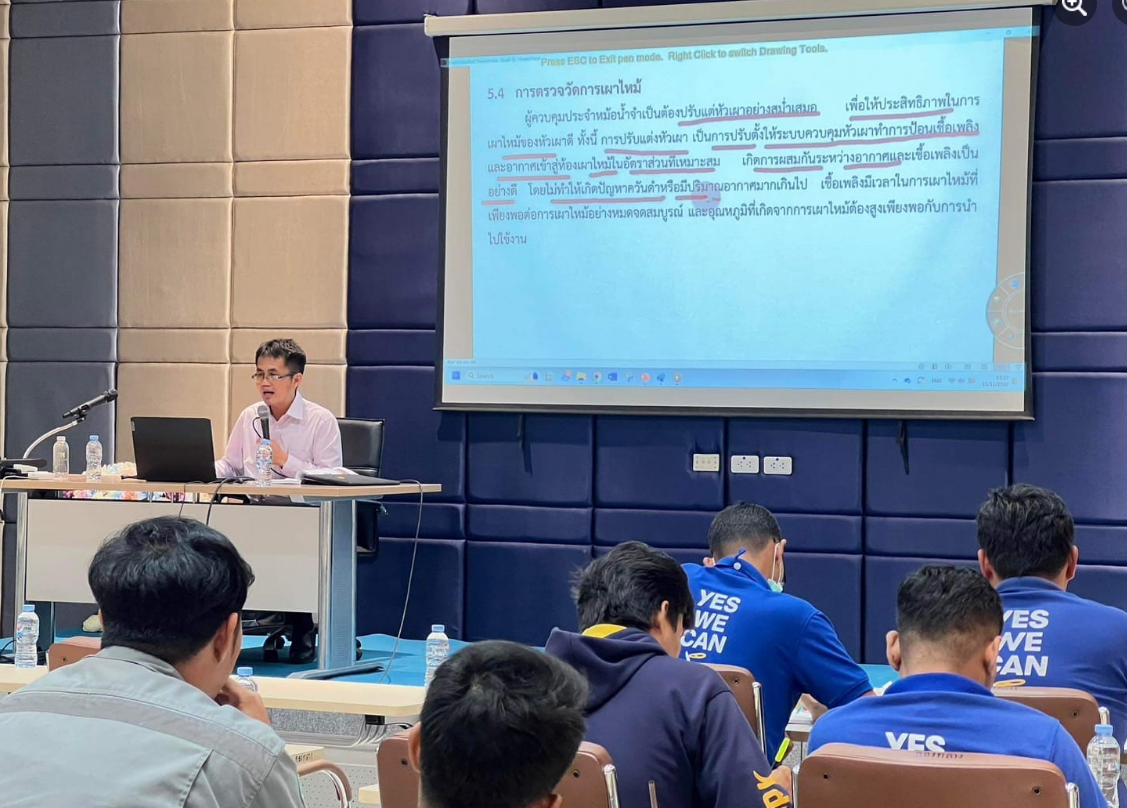
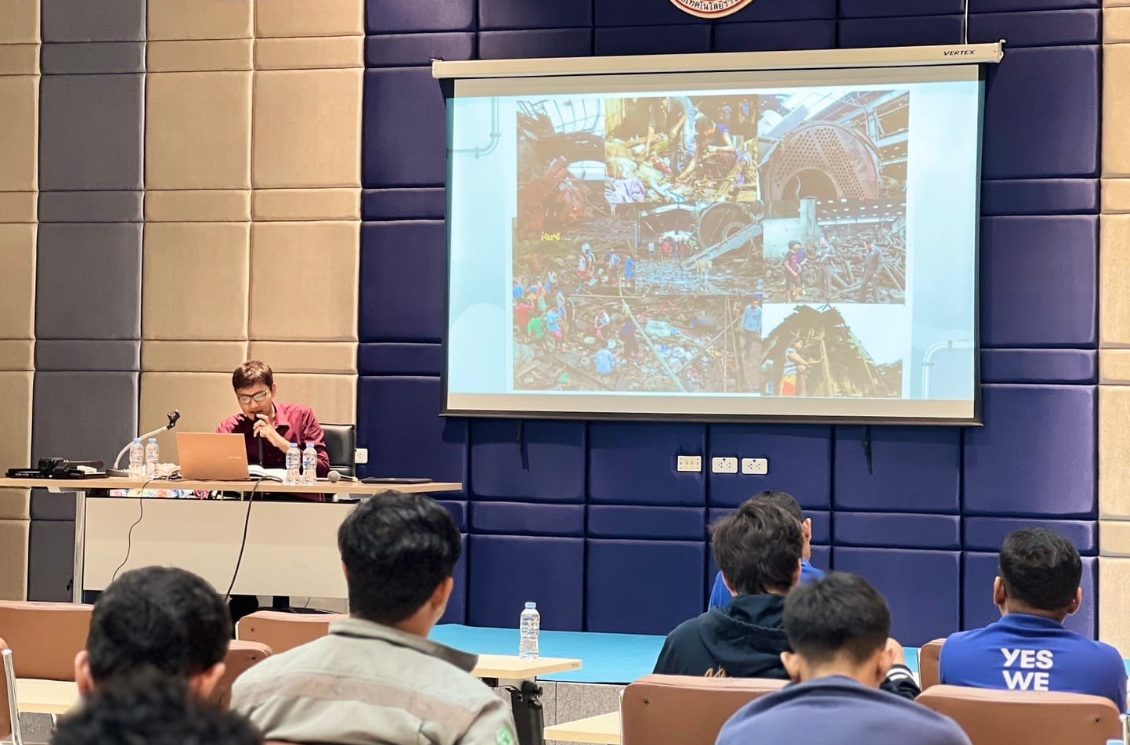
2) Pneumatic and Hydraulic Systems Training Program
Date: 7th November – 22th December 2023
Time: 9:00 AM – 5:00 PM
Location: Sri Engineering Conference Room, Faculty of Engineering, RUTS and Faculty of Industrial Education and Technology, RUTS
Speakers:
Asst. Prof. Apichit Srichaiyarattana, Assistant Dean, Training and Competency Development
Mr. Wannadia Navae Position of Lecturer in Petroleum Technology
Siam Michelin Co., Ltd. (Hat Yai, Songkhla) and jointly prepared the 2025 training course in collaboration with the Faculty of Engineering and the Faculty of Industrial Education and Technology, RUTS
The objective of this course Pneumatic and Hydraulic Systems Training Program is designed to equip individuals with the knowledge and skills needed to design, install, operate, and maintain pneumatic and hydraulic systems. The program covers the fundamentals of fluid power, pneumatic systems, hydraulic systems, fluid power components and accessories, fluid power control systems, safety and environmental considerations, and practical training and certification. The benefits of the program include enhanced job prospects, increased earning potential, improved safety, and career advancement.
After completing the course, a well-trained workforce is essential for the safe, efficient and effective operation of these systems. A pneumatic and hydraulic systems training program provides individuals with the knowledge and skills they need to excel in the field. One of the main benefits of such training is improving professional skills. Participants gain expertise in the operation, maintenance and troubleshooting of pneumatic and hydraulic systems. This knowledge is invaluable to people who work in positions that use these technologies, such as maintenance technicians, machinists and engineers. Safety is a primary concern in any industrial environment. Proper training in pneumatic and hydraulic systems reduces the risk of accidents and injuries by ensuring operators understand safety procedures and can identify potential hazards. This not only protects employee wellbeing, but also contributes to a more productive and compliant workplace. Efficiency and cost-effectiveness are also key benefits of training in pneumatic and hydraulic systems. By learning how to efficiently operate and maintain these systems, participants can contribute to improved productivity and cost savings. This can lead to greater profitability and a competitive advantage for companies. Problem-solving skills are critical when working with pneumatic and hydraulic systems. Training programs develop participants’ ability to effectively identify and resolve problems, thereby reducing downtime and minimizing operational disruptions. This capability is essential to maintaining the proper functioning of these systems. Career advancement is another important aspect. Certifications and training in pneumatic and hydraulic systems can improve job prospects and career growth. Individuals with these skills are in high demand in industries that rely on these technologies. In summary, a pneumatic and hydraulic systems training program is essential for individuals working in industries that utilize these systems. The benefits of such training include improved job skills, increased safety, increased efficiency, problem-solving skills and career advancement. By investing in this training, individuals can contribute to the safe, efficient and effective operation of pneumatic and hydraulic systems, benefiting themselves and their organizations.
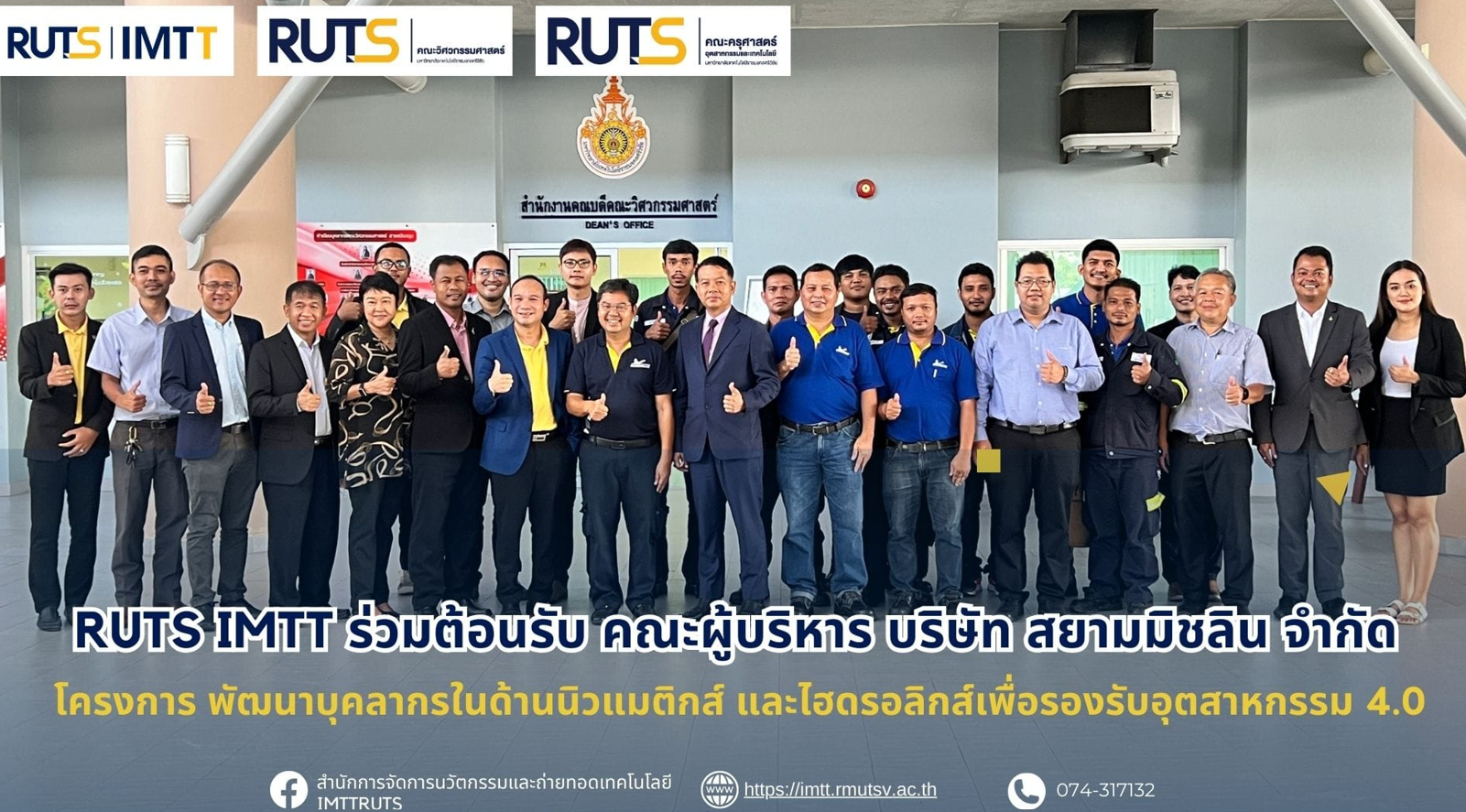

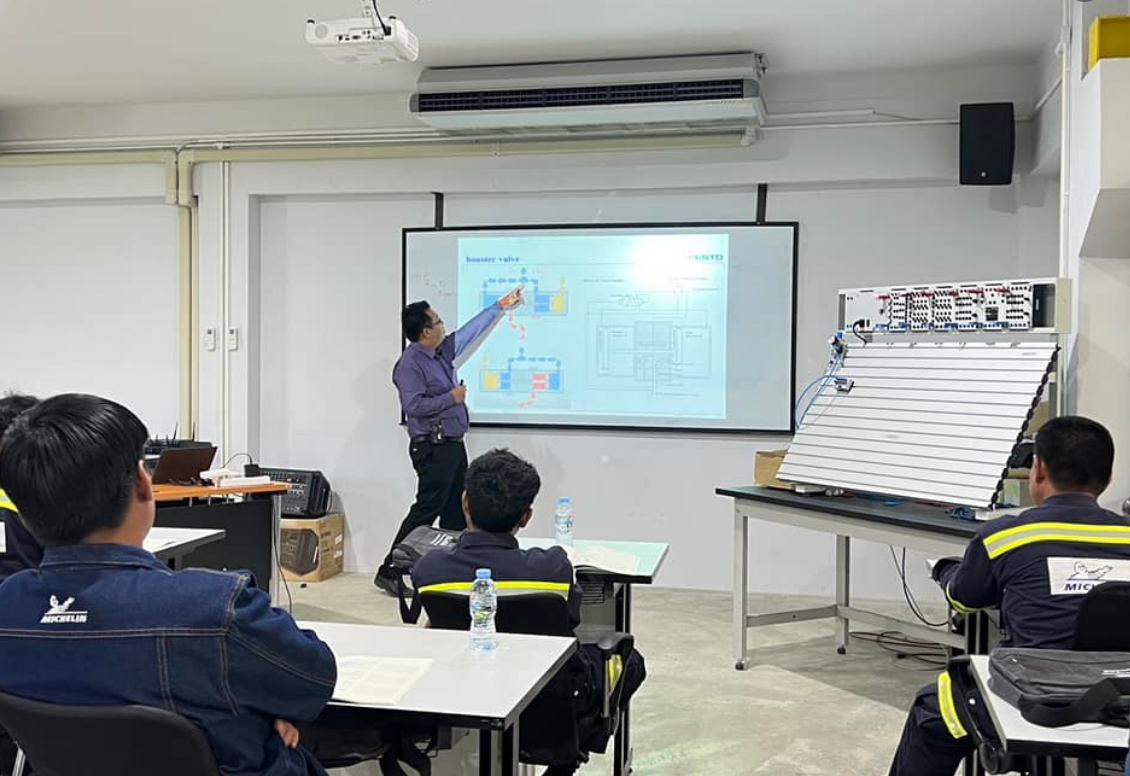
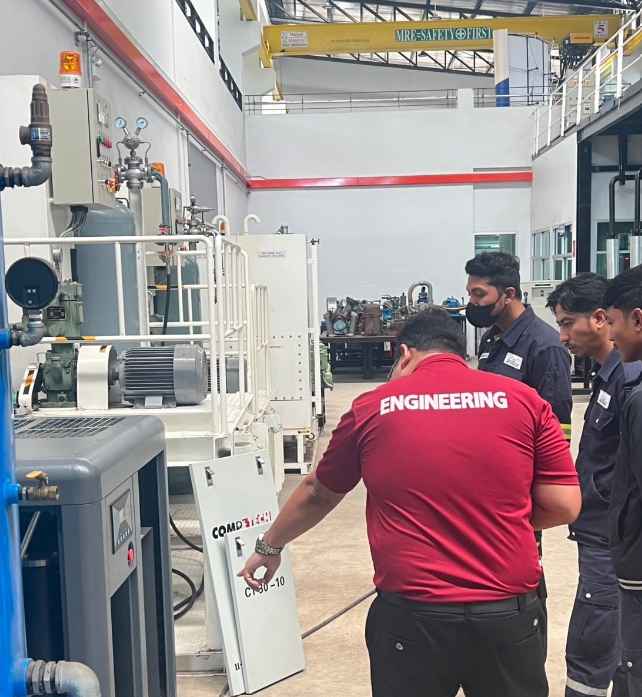
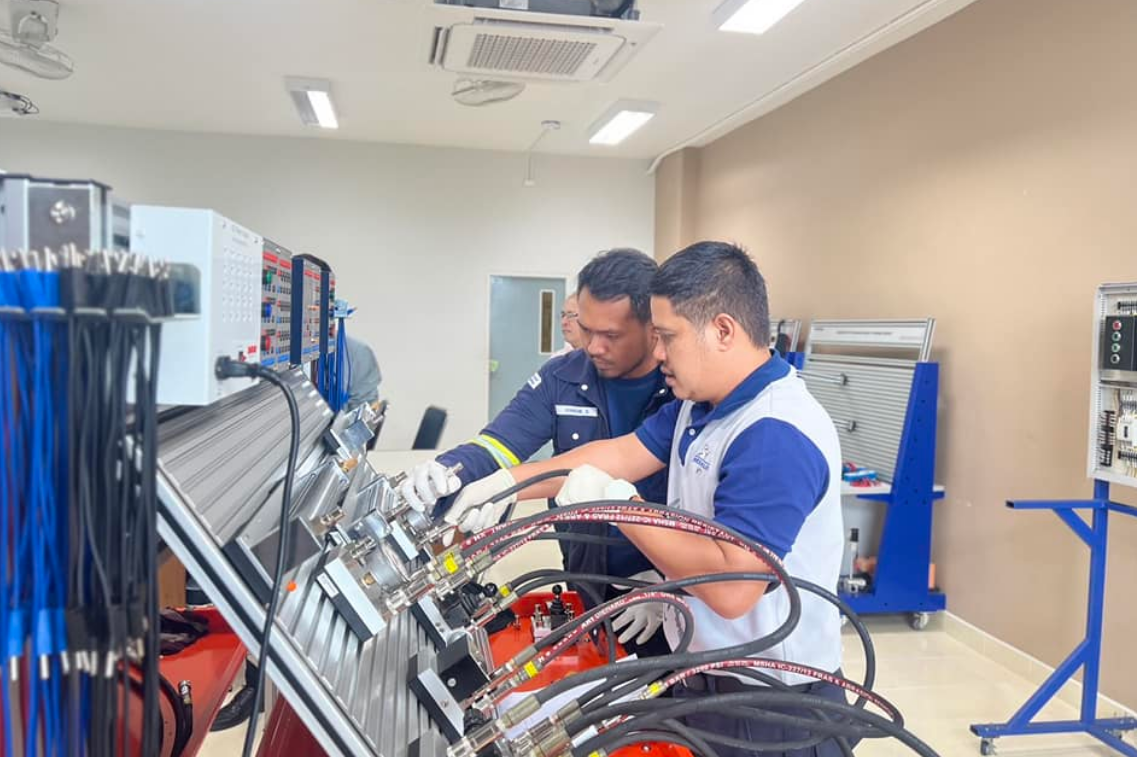
3) Application of computer-aided programs in civil engineering design
Date: 4th – 6th August 2023
Time: 9:00 AM – 5:00 PM
Location: Sri Engineering Conference Room, Faculty of Engineering, RUTS
Speakers:
Mr. Premnat Chumprom Lecturer in the Department of Civil Engineering
Assistant Professor Sommat Sawat
Mr. Paskorn Chittjet
KJ Survey & Consultant Co., Ltd. (Head Office), Aksorpat Co., Ltd., Double J Construction Co., Ltd., SNP, Personnel of Land Restructuring and Rural Water System Agreement No. 33 Office, Songkhla Rural Highway Subdistrict, Tha Chang Subdistrict Municipality, Public Works Office and Pattani Province Urban Planning. Staff from Prince of Songkla University, Pattani Hospital and staff from Phatthalung Hospital attended the civil engineering training course.
The objective of application of computer-aided programs in civil engineering design offers numerous benefits, including increased efficiency, enhanced design capabilities, improved collaboration, cost savings, and environmental benefits. By leveraging the power of these programs, civil engineers can create more innovative, sustainable, and efficient designs.
The workforce who has completed the computer-based programs have revolutionized the field of civil engineering, providing engineers with powerful tools to design, analyze and visualize structures and infrastructure projects. These programs, often referred to as Computer-Aided Design (CAD) or Building Information Modeling (BIM) software, have significantly improved the efficiency, accuracy, and sustainability of civil engineering. One of the most significant impacts of computer-aided programs is the increased efficiency and productivity they bring to the design process. By automating repetitive tasks such as drafting and calculations, engineers can focus on more complex and creative aspects of their work. This leads to faster turnaround times and improved project delivery. Moreover, computer-aided programs have dramatically improved the accuracy of civil engineering designs. The precise measurements and calculations provided by these programs reduce the risk of errors and ensure that designs meet the required standards. This is particularly important for complex projects where even small errors can have significant consequences. Another key impact is the enhanced visualization and communication capabilities that computer-aided programs provide. 3D models created using CAD software allow engineers to visualize projects in detail, making it easier to identify potential problems and make design adjustments. Additionally, these models facilitate better communication and collaboration among team members, improving project coordination and reducing misunderstandings. Sustainability is a growing concern in civil engineering, and computer-aided programs play a vital role in addressing this challenge. These programs can be used to evaluate the environmental impact of projects and optimize designs for sustainability. By analyzing factors such as energy consumption, water usage, and waste generation, engineers can make informed decisions to minimize the negative impact of their projects on the environment. In conclusion, the application of computer-aided programs has transformed the field of civil engineering. By improving efficiency, accuracy, visualization, collaboration, and sustainability, these programs have enabled engineers to design and deliver more innovative, sustainable, and efficient infrastructure projects. As technology continues to advance, we can expect to see even greater benefits from the use of computer-aided programs in civil engineering design.
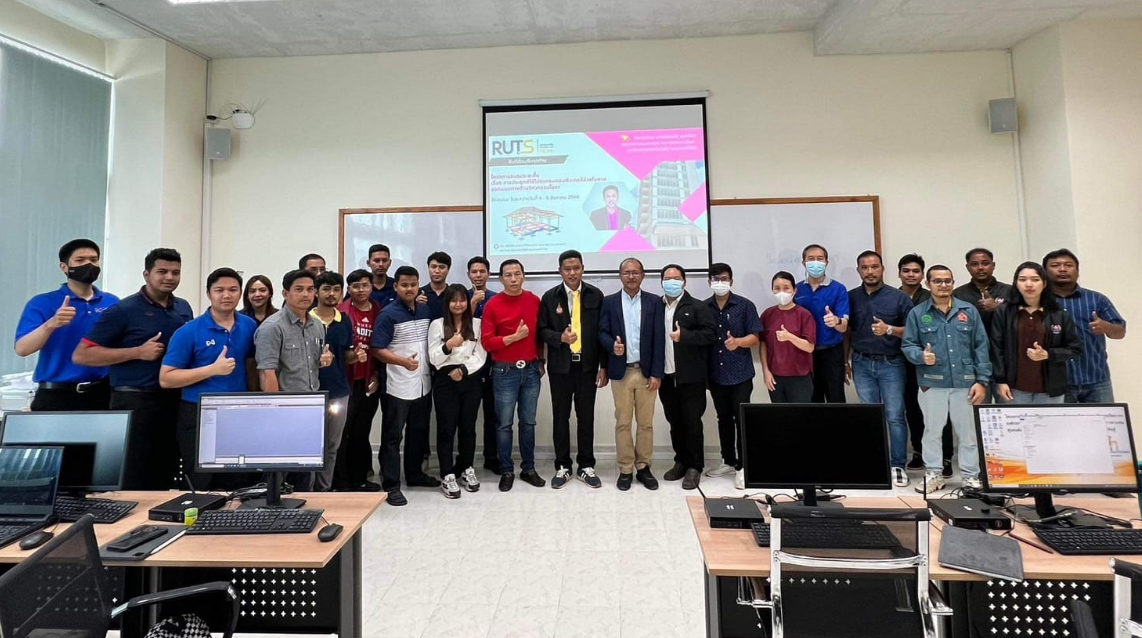
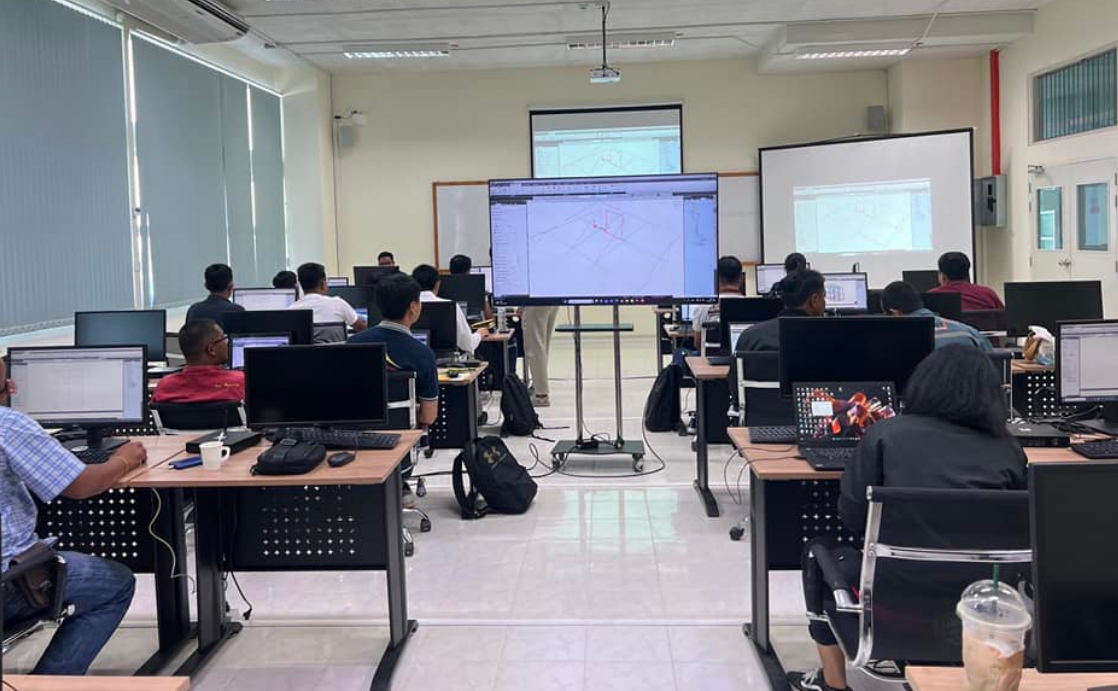
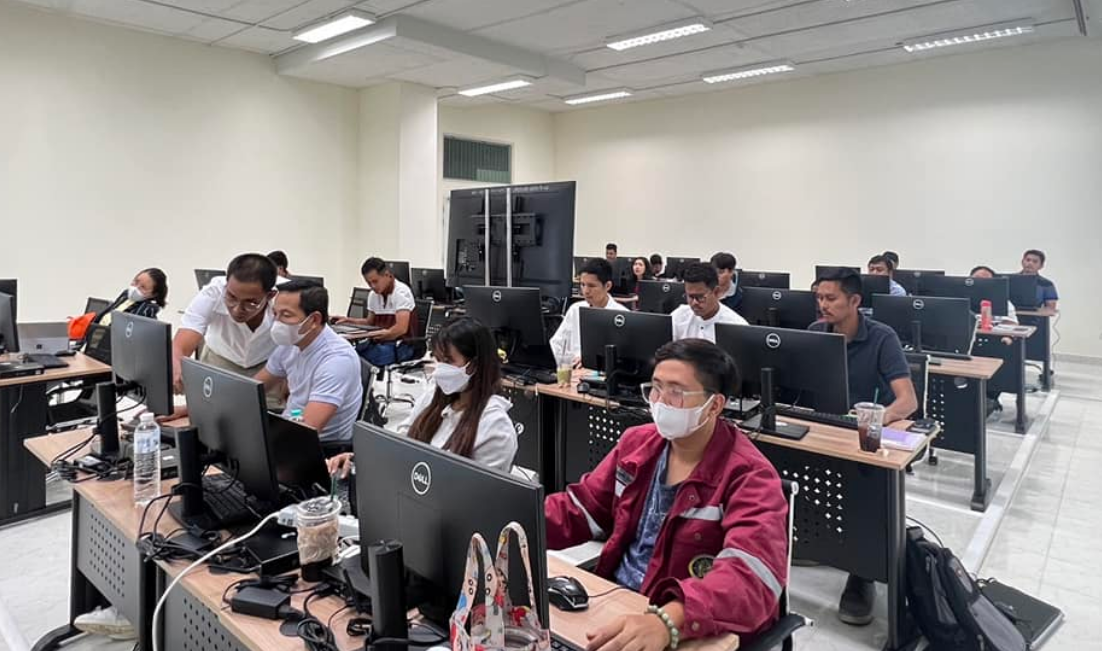
Related Links:



